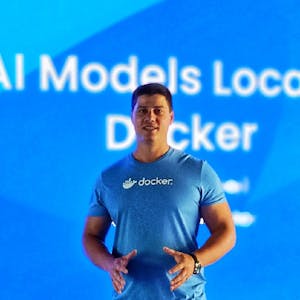Oct 16, 14:00
Advanced Claude Code Techniques: Agentic Engineering With Context Driven Development
Workshop
This workshop introduces Context Engineering - a simple yet structured approach to getting consistent, high-quality results from AI coding assistants. You'll learn how to move beyond basic prompting to create comprehensive workflows to give your AI coding assistants all the architecture, best practices, project rules, code examples, and validation processes it needs to get the job done effectively. Through hands-on exercises with Claude Code, we'll demonstrate how proper Context Engineering unlocks a whole new level of agentic engineering while teaching practical techniques, templates, and best practices that help AI assistants understand your project standards and deliver production-ready code consistently.


















